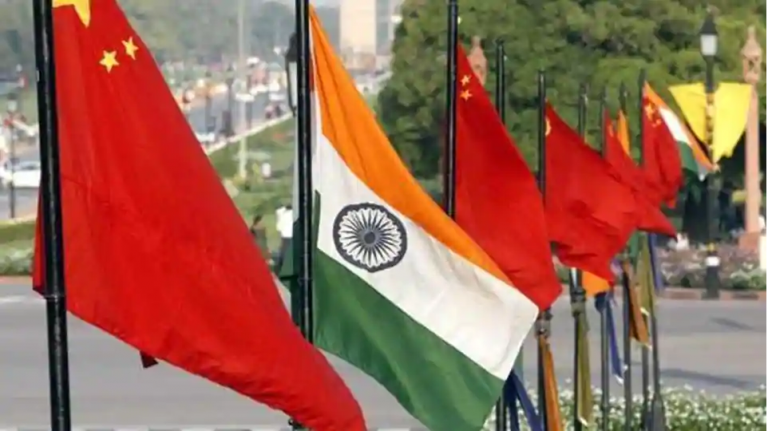
India, like the United States, is wary about Chinese apps. The South Asian country has been on a ban spree to limit the operation of Chinese apps that have for years dominated its market.
The ban intensified in 2020, following a territorial conflict between India and China, but slowed down after several Chinese apps were permanently banned. Now, the Indian authorities are once again, shutting apps with Chinese links.
India has banned Tencent’s Xriver, Garena’s Free Fire, NetEase’s Onmyoji Arena and Astracraft and 50 more apps with apparent links to China, the latest in a series of similar blockings over the past one and half years on national security grounds. TechCrunch has the report.
Register for Tekedia Mini-MBA edition 19 (Feb 9 – May 2, 2026): big discounts for early bird.
Tekedia AI in Business Masterclass opens registrations.
Join Tekedia Capital Syndicate and co-invest in great global startups.
Register for Tekedia AI Lab: From Technical Design to Deployment (next edition begins Jan 24 2026).
Some of the newly prohibited apps, which include Sweet Selfie HD, Beauty Camera, Viva Video Editor, AppLock and Dual Space Lite, are clones or rebrands of many of the over 300 apps affiliated with Beijing that New Delhi has banned since mid-2020 amid escalating geopolitical tension among the two neighboring nations over protracted border dispute.
The South Asian nation’s Ministry of Electronics and Information Technology, citing the Section 69a of the IT ACT, 2000, placed the order, according to a person familiar with the matter.
In a statement, a Google spokesperson acknowledged the order and said the firm was complying.
“On receipt of the interim order passed under Section 69A of the IT Act, following established process, we have notified the affected developers and have temporarily blocked access to the apps that remained available on the Play Store in India,” a Google spokesperson said Monday.
“Garena’s Free Fire: Illuminate,” which has already been pulled from Google Play Store and Apple’s App Store in India, appears to be the most popular app to be blocked in the latest batch.
The Southeast Asian giant Sea-owned battle royal game had over 40 million of its 75 million globally monthly active users in India in January, according to analytics firm App Annie, data of which an industry executive shared with TechCrunch. Sea, which counts Tencent among its largest backers, is quietly also testing its social commerce Shopee in India.
The news of the ban has come as a surprise to Garena’s team in India. The firm was chasing deals with tournament organizations to further promote its game and attract more users and high-profile gamers in the country, a person familiar with the matter told TechCrunch. Sea did not have an immediate comment on the development.
The series of app blockings in India began in late June 2020 when the world’s second largest internet market banned TikTok, Alibaba’s UC Browser and Tencent’s WeChat and dozens of other apps with links to China over national security concerns.
New Delhi, which has never explicitly mentioned China in these announcements, did not make an official statement on its move Monday. With most of the previous bans, New Delhi has said the way the apps have compiled, mined, and profiled users’ data posted risks to national security and defense of India.
In the past one and a half years, the Indian government has banned over 300 Chinese-linked apps including popular title PUBG. That game remains the only known app that has made a return to Google Play Store and Apple’s AppStore in India in some way.
Several other firms and app operators have attempted to address New Delhi’s concerns, but the Indian government retained its decision early last year after deeming the responses inadequate.
India is by far the largest market globally by app installs. Last year, the South Asian nation clocked over 25 billion downloads, according to App Annie.
US giants as well as firms from other nations including China and South Korea aggressively focused on India in the past decade as they looked for the next great growth region. In comparison, only a handful of Indian firms operate in China.
After India refused to revoke its ban on TikTok, ByteDance (the app’s parent firm) laid off the vast majority of its employee base in India and recently shut down its edtech business in the country, TechCrunch reported.
TikTok’s ban in India, which prompted several local startups to launch short video apps, gain traction and raise over $1 billion, did not make much impact on ByteDance’s revenue as the firm made deep inroads in several other overseas markets. Indian social network ShareChat and on-demand streaming service MX Player said last week they were merging their short-video apps in the country in what TechCrunch reported is a $900 million deal.



